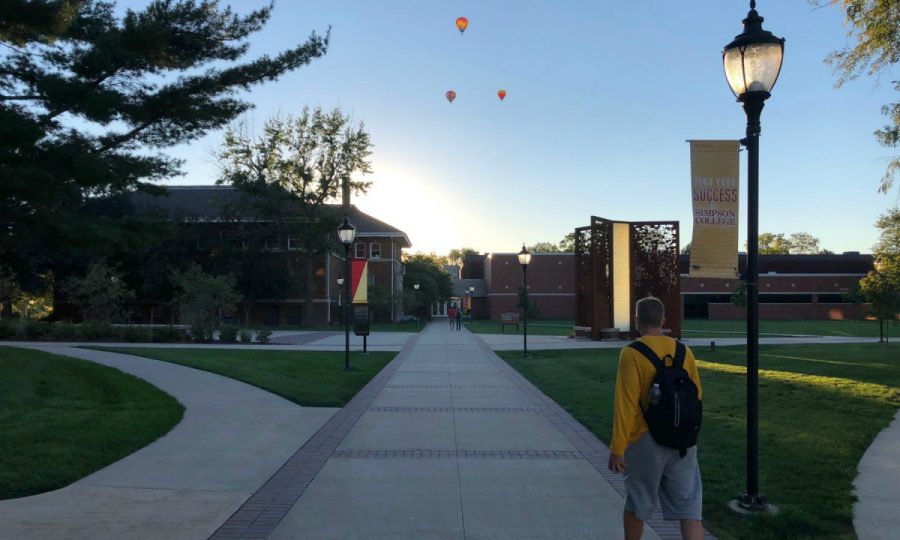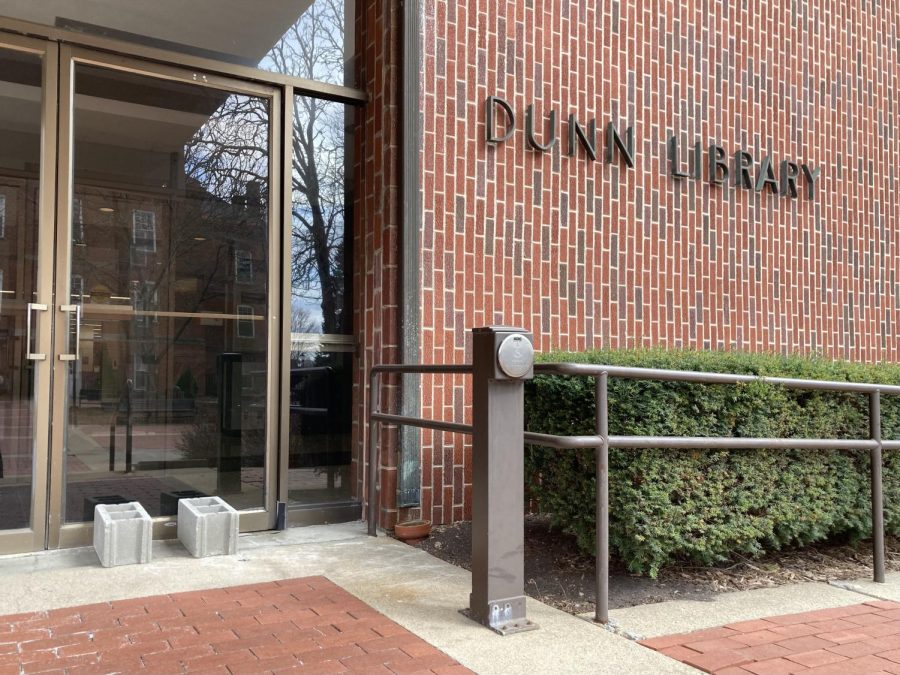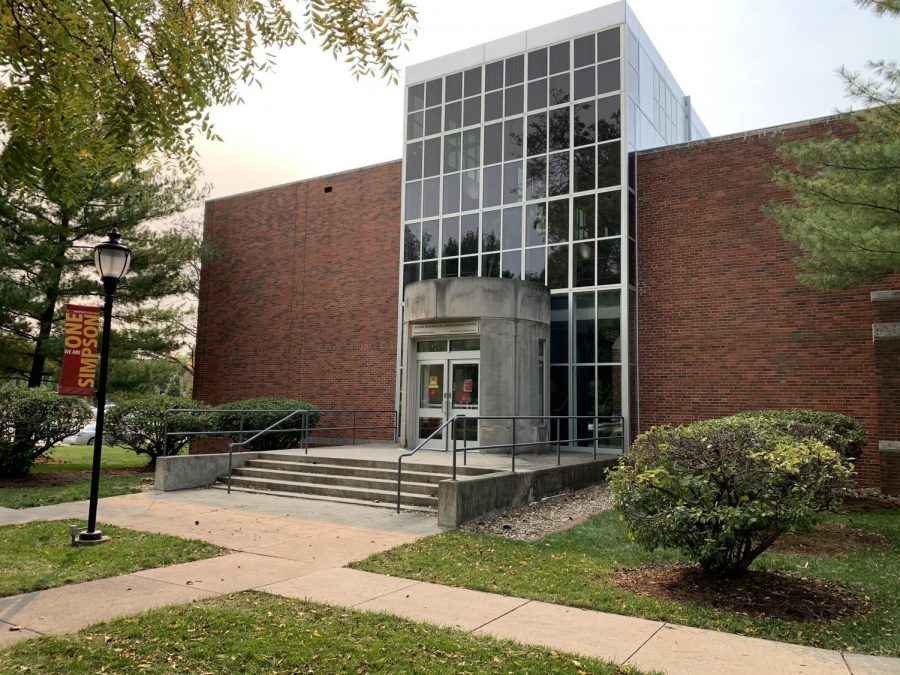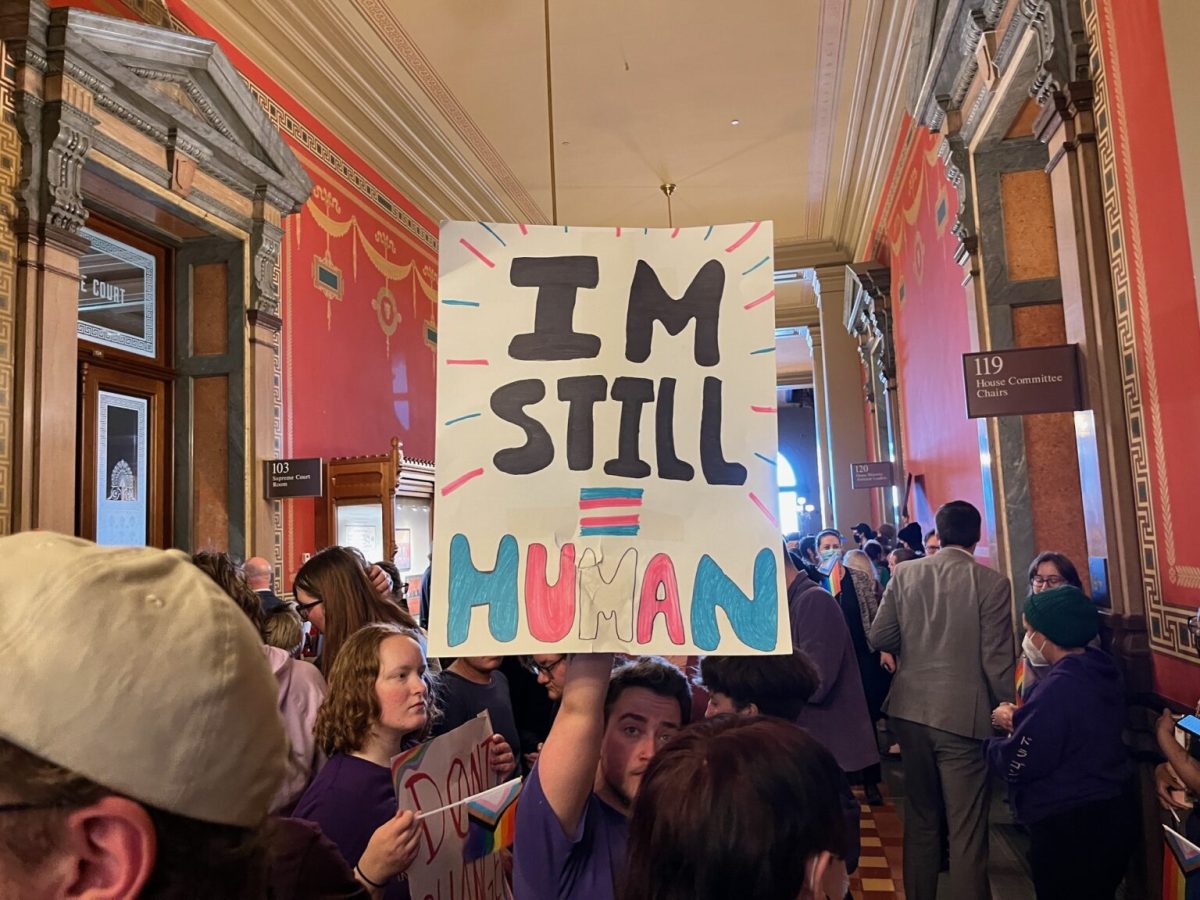Simpson makes the decision to stay in orange phase with some loosened restrictions
September 8, 2020
The Crisis Management Team made the decision on Tuesday that Simpson will be staying in the orange phase rather than going into the yellow phase.
Heidi Levine, Vice President for Student Development and Planning, explained in an email to the campus that while Simpson has seen a consistently low amount of positive cases, the surrounding community has not.
“Our guidelines were based off of not only what is happening on campus, but also on what is going on around us,” Levine said.
Warren county has consistently stayed around a 10% positivity rate and has not seen a steady decline.
While the campus will remain in the orange phase officially, restrictions will be loosened to mirror that of the yellow phase. This includes the ability to extend your family unit by one member per roommate, and dining facilities will begin to have limited dine-in options.
Luke Behaunek, Dean of Students, detailed the changes in an email to campus. These details outline that the decision to extend family units need to be mutual among the current family unit, and CAs need to be informed about the extension at least 24 hours before the first visit.
This change will begin Friday, Sept. 11 at noon.
“Expansion invitations need to be reciprocal,” Behaunek said. “If person A invites person B to their family unit, person B needs to invite person A as their expansion, if person B’s room allows visitors.”
This means that students cannot accept multiple inviations.
In terms of on campus dining, Levine says that on-site dining will likely be limited to around 25% capacity and will only allow family units the ability to dine together.
After these changes are implemented, the Crisis Management Team will continue to closely monitor what is happening and continue to make decisions over loosening or tightening restrictions.
“We will be watching really closely to see what happens, and if we start to see a greater positivity rate or that quarantine groups are becoming large enough to create capacity issues, that would be a reason to dial it back,” Levine said.
Slow changes rather than full phase changes are going to be more common throughout the semester.
“In general, incremental change is going to be the way we are doing everything,” Levine said. “So, we make a small change, give it a two-week period, and see how that is affecting what we are seeing on campus and then go accordingly.”
The Crisis Management Team meets twice a week and communicates daily. Any signs that indicate that the loosening restrictions are not working will be dealt with quickly.
“We would wait a full two weeks after implementing restrictions before becoming less restrictive,” Levine said. “But if we are seeing troublesome signs, we are not going to wait that long to go back.”
Levine stated that Simpson’s Coronavirus numbers are promising when compared with peer colleges.
“We feel really good about how things are going on campus,” Levine said. “What we are starting to see from our peers around the state is that those places who were much looser with their protocols are struggling, and frankly, we’re not.”







